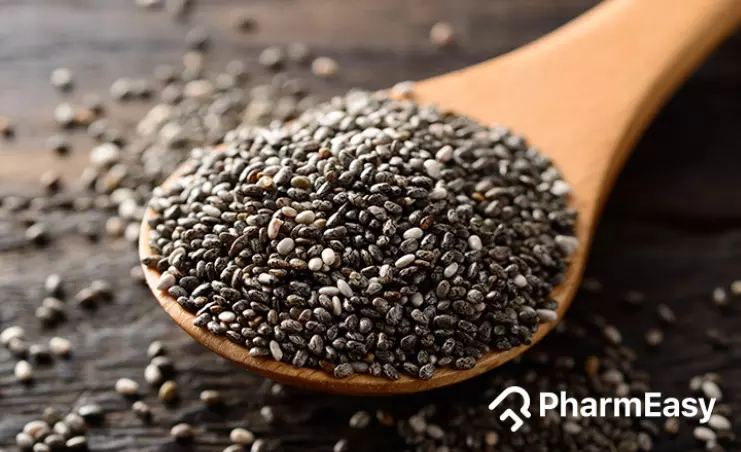Atenolol
Molecule Description
Atenolol belongs to a class of medicines known as beta-blockers.
Uses of Atenolol
- Atenolol is used to treat high blood pressure (hypertension)
- Treats uneven heartbeats (arrhythmias)
- Help prevent chest pain characterized by a painful feeling of tightness in the chest (angina pectoris)
- Protects the heart in the early treatment after a heart attack (myocardial infarction)
Contraindications of Atenolol
When should one not use Atenolol
- Have severe liver disease
- Have asthma
- Have neuropsychiatric disorders
- Have allergic reactions
- Have an adrenal tumor (pheochromocytoma) that is not treated
- Have levels of acid in your blood (metabolic acidosis)
Side effects of Atenolol
Common side effects of this drug are:
- Dizziness
- Drowsiness
- Fatigue
- Diarrhea
- Nausea
- Cold hands and feet
- Can cause certain neuropsychological disturbances like unusual dreams, loss of control over body movements, sleeplessness, depression, and vision problem
- Serious side effects include worsening of heart failure and excessive slowing of heart rate
- It can even worsen diabetes
- In a few cases, there are reports about sexual dysfunction
Precautions and Warnings of Atenolol
Pregnancy
Q:
Can I take Atenolol during pregnancy?
A:
Atenolol is known to have severe effects on the fetus as it crosses the placenta and reaches cord blood. Many complications ranging from growth retardation, malformations to fetal death, are reported. Hence, your doctor will prescribe it only if its benefit outweighs risk during pregnancy.
Breast Feeding
Q:
Can I take Atenolol while breastfeeding?
A:
Atenolol excretes into the mother’s milk. Hence, it is not safe during breastfeeding.
Driving
Q:
Can I drive if I have consumed Atenolol?
A:
Does not affect your ability to drive, but If you feel dizzy or tired when taking Atenolol, do not drive.
Alcohol
Q:
Can I consume alcohol with Atenolol?
A:
Alcohol might cause your blood pressure level to drop too low. You should avoid or limit your alcohol intake while taking Atenolol.
Other General Warnings
Talk to your doctor if
- Be cautious if you have diabetes, Atenolol may cause low blood sugar levels and also change the body’s response to low blood sugar. You may experience warning signs of low blood sugar like an increase in heart rate, sweating, hunger pangs, headache, etc....
- You have asthma or any other similar breathing problems
- You have a type of chest pain (Prinz Metal’s Angina)
- You have poor blood circulation
- Your medication may change how you respond to having low blood sugar
- Rapid heartbeats
- You have thyrotoxicosis (a condition caused by an overactive thyroid gland)
- You have kidney or liver disease
Mode of Action of Atenolol
How Does It Work?
Atenolol is a beta-blocker. It works by decreasing the heart rate, blood pressure and strain on the heart.
Interactions of Atenolol
Interactions with other medicines
- Many medicines are known to interact with Atenolol. Hence, any medication which patient is taking has to be reported to the physician
- Digoxin and calcium channel blockers (Verapamil, Diltiazem, and Nifedipine) can further decrease the heart rate
- Antihypertensive like Prazosin and Clonidine can lead to very low blood pressure when combined with Atenolol
Interactions with food items
Take Atenolol with a meal or right after a meal.
Dosage of Atenolol
Overdose
You must strictly avoid overdose, as it may lead to fatal consequences. The immediate symptoms of overdose are lethargy, breathing disorders, wheezing (whistle-like sound from the chest), missing heartbeat, excessive slowing of heartbeats. Swelling of hands, feet, ankles, or lower legs, shakiness, dizziness, sweating or confusion, blurred vision, headache, pale color, numbness or tingling in the mouth, etc. are some of the symptoms for Atenolol overdose. Immediately seek emergency medical attention....
Missed a Dose
Atenolol excretes into mother’s milk. Hence, it is not safe during lactation. Again, your doctor will prescribe it only if its benefit outweighs risk during the lactation period. The infant needs close monitoring in such cases....
Frequently Asked Questions (FAQs)
Q: Can I stop taking Atenolol?
A: Don’t suddenly end taking a beta-blocker without talking to your doctor. If you stop a beta-blocker suddenly, you can suffer from chest pain, irregular heartbeat, or heart attack. Your doctor may tell you to decrease your dose gradually.
Q: What special precautions should I follow?
A: If you experience any symptoms of dizziness, syncope, vision problems, sexual dysfunction, slow heart rate, etc., report it to the doctor immediately. So that the doctor can adjust your dose depending on your blood pressure, heart rate, level of the medicine in our serum, and other essential factors.
References
View All
Recent articles
Disclaimer
The information provided herein is supplied to the best of our abilities to make it accurate and reliable as it is published after a review by a team of professionals. This information is solely intended to provide a general overview on the product and must be used for informational purposes only. You should not use the information provided herein to diagnose, prevent, or cure a health problem. Nothing contained on this page is intended to create a doctor-patient relationship, replace or be a substitute for a registered medical practitioner's medical treatment/advice or consultation. The absence of any information or warning to any medicine shall not be considered and assumed as an implied assurance. We highly recommend that you consult your registered medical practitioner for all queries or doubts related to your medical condition. You hereby agree that you shall not make any health or medical-related decision based in whole or in part on anything contained in the Site. Please click here for detailed T&C.
Top-Tests we cover:
Top-Selling Healthcare Products:
Top-Selling Medicines:
Top-Searched Medicines:






















